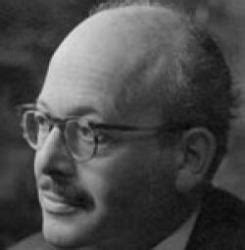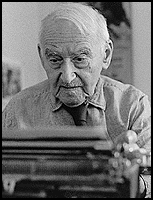A Quote by Christopher Hitchens
David Irving is not just a Fascist historian. He is also a great historian of Fascism.
Related Quotes
If you have things or are involved with things that turn on, it's going to have code. And there are so many people - let's pick on the historians - even as a historian, let's say I ended up going the road of being a historian, just knowing some basic scripts, any kind of automation would have made me a 10 times better historian because I wouldn't have to sit there changing every file name to "1234" and then "12345." It can have a transformative value.
When I meet a historian who cannot think that there have been great men, great men moreover in politics, I feel myself in the presence of a bad historian, and there are times when I incline to judge all historians by their opinion of Winston Churchill -- whether they can see that, no matter how much better the details, often damaging, of man and career become known, he still remains quite simply, a great man.
To know what Fascism really is we must first of all know what it is we are fighting, what the Fascist regimes really are and do, who puts up the money and backs Fascism in every country, and who owns the nations under such regimes, and why the natives of all Fascist countries must be driven into harder work, less money, reduced standards of living, poverty and desperation so that the men and corporations who found, subsidize and own Fascism can grow unbelievably rich.


































